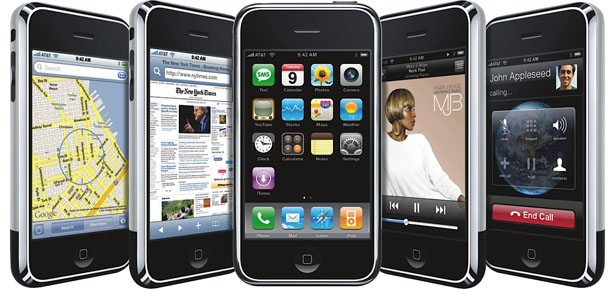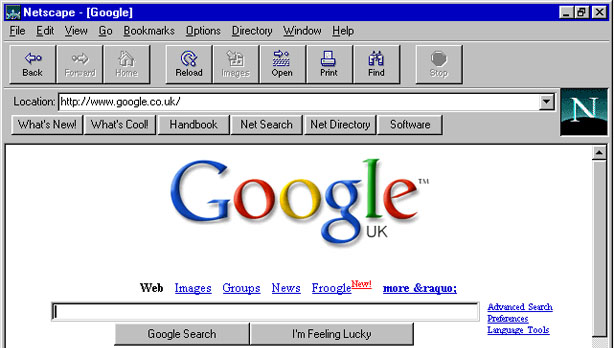
The 8 June IPv6 Test Run
Of course, one of the main potential problems with a move to a whole new IP address system is that some hardware and software won't be prepared for it. If you have a relatively new version of Windows or Mac OS on your PC, or a relatively recent mobile phone, then you'll be fine, but there's plenty of legacy equipment out there that might struggle.However, Pawlik is confident that the current high turnover of technology should minimise any of these problems. 'The replacement rates for that type of equipment is reasonably short these days,' he notes, 'so yes of course somewhere you might find a computer with Windows 98 – all that stuff is still around somewhere – but people are probably only using it to type their expense claims, or whatever. The turnaround of that equipment is relatively quick, so I don't foresee any great problems for end users. They will have just bought equipment years ago that can do IPv6.'
 The explosion in Internet-connected mobile devices has quickly exhausted the supply of IPv4 addresses
The explosion in Internet-connected mobile devices has quickly exhausted the supply of IPv4 addressesAccording to Pawlik, the general end user shouldn't have to do a lot of worrying about IPv6, but there is still some work to be done at the ISP end, and in some large-scale office computer systems. 'The natural replacement cycle of the core equipment of the Internet is fine, he says.
'What needs to happen more is the replacement of customer premise equipment – the home router that you get from your ISP – that needs to be able to do IPv6 nicely, have firewalls in place and all those things that we've got used to with IPv4. There's also maybe a bigger problem for people who run services that rely on some level on back office systems, which rely on IPv4 address formats for accounting software and stuff like that. That sort of back office software might have to be rewritten or at least upgraded to support IPv6, but that's nothing for the end user.'
In fact, the end user shouldn't have to do anything and most of us won't even notice the change to IPv6 – the Internet should just work as normal. At least, that's the idea, but it's an idea that's going to be put to the test on 8 June when the major companies and organisations behind the Internet are going to have an IPv6 day.

On 8 June Google will switch over to IPv6, which you shouldn't notice,
unless you're using Netscape Navigator and Windows 95
On that day, 'many of the big, well known websites are going to open up IPv6 as a standard service,' says Pawlik, 'and we think that will expose problems. For instance, Google is currently answering on IPv4 requests, so what they will do is switch the whole thing to IPv6, assuming that for some people that will be transparent, but for others it will not.
Of course, it would be ideal if that could be done and nobody really would notice it – everything works as usual, that would be fine. But what it would really do is expose problems with IPv4 and IPv6 interworking systems here and there. Then we can work on those, and hopefully some people will get upset and talk to their ISPs about IPv6, so there will be another push into the direction of making IPv6 working properly with what's rest of IPv4 in the bigger world.'
For more information about the switch to IPv6 and IPv6 day on 8 June, check out the RIPE NCC Labs website.

MSI MPG Velox 100R Chassis Review
October 14 2021 | 15:04








Want to comment? Please log in.